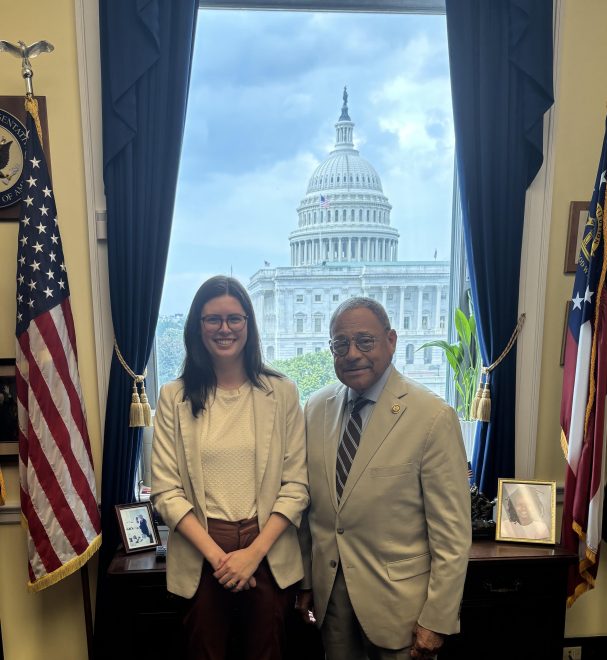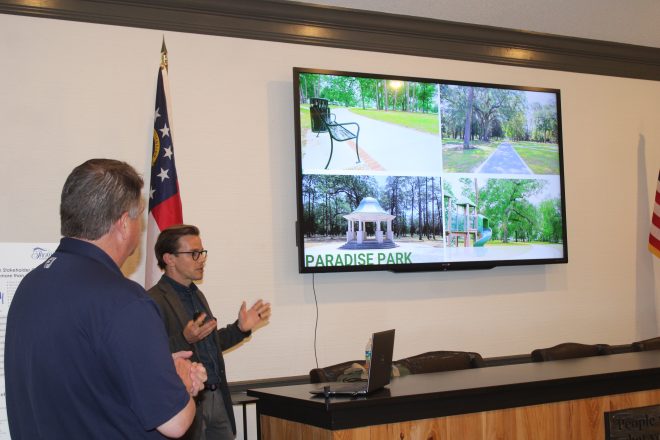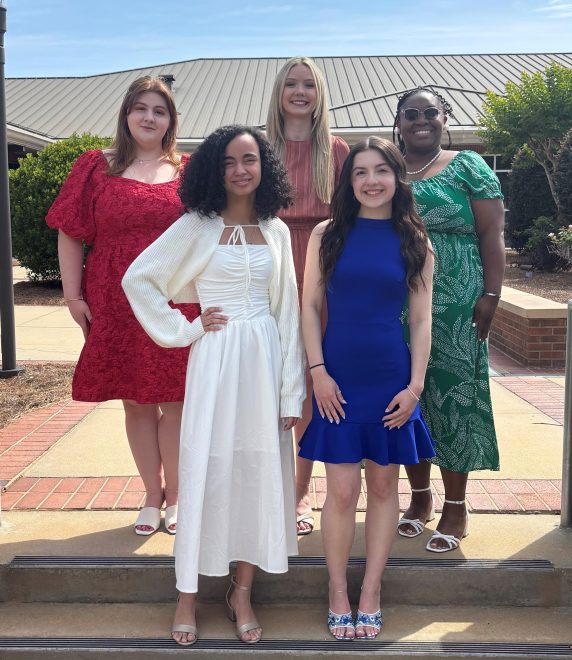Editorial: Beware storm scammers
Published 4:00 pm Saturday, October 13, 2018
Once again, in the aftermath of personal tragedies, here come the con artists.
Georgia Attorney General Chris Carr is warning consumers to be on the lookout for scams in the wake of Hurricanes Harvey and Irma.
Trending
Carr issued the warning Thursday.
“Seeing or hearing about the devastation caused by a natural disaster evokes our sympathies and our desire to help those affected,” a release from Carr’s office states. “Unfortunately, scammers realize this and do not hesitate to take advantage of people’s heightened emotions. They may pose as reputable charities soliciting donations and target consumers through unsolicited emails, telemarketing calls or by knocking on their doors. They often create legitimate-looking websites that have similar names as actual charities, sometimes even using the actual logo of a reputable relief organization.”
The state offered these cautions:
— Don’t respond to unsolicited emails and avoid clicking on any links they contain. Only open attachments from senders you know and trust.
— Don’t give out money on the phone unless you have initiated the call and are confident the charity is legitimate.
— You can research a charity by going to www.give.org or www.charitynavigator.org.
Trending
— Look up the actual website of the charity you want to donate to rather than trusting a link from an email or pop-up ad.
— Note that legitimate charities’ websites typically end in .org, not .com.
— Be cautious of crowdfunding sites. Since some crowdfunding sites do little to vet people who post for assistance after a disaster, be extra diligent about donating this way. The Better Business Bureau warns some individuals posting for donations may not have any official connection to a charitable organization or could be using names and photos of victims without their families’ permission.
A different kind of fraud surrounds the aftermath of a major storm as bogus debris and tree removal and home repair scammers suddenly appear.
We encourage our readers, as much as possible, do business with people you know or companies that are recommended by family and friends.
Do not pay for any repairs or work to be done on your property up front.
You can also check into the track record of a business by visiting the Better Business Bureau website at: bbb.org.
Carr also recommended, “Make sure that general contractors, electricians, plumbers and heating and air conditioning contractors are licensed. You can verify this on the Secretary of State’s website: www.sos.georgia.gov. Note that certain specialty occupations such as roofers, painters, drywall contractors and repair handymen are not required to be licensed by the state. Get written bids from several contractors. Be skeptical if the bid is too low. Cheaper is not necessarily better. Ask for references and check them out.”
Other suggestions from the state include:
— Always insist on a written contract for work to be performed, with all guarantees, warranties and promises in writing.
— Ask to see proof of insurance (personal liability, workers’ compensation and property damage).
— Never pay for the entire project before the work begins. A small payment may be due up-front, but don’t pay in full until the project has been completed to your satisfaction.
— Paying with a credit card instead of cash will give you more protections against fraud.
In yet another twist, scammers have also posed as representatives from an insurance company, FEMA, law enforcement, the Small Business Association or other official agencies. Remember that government assistance providers will not ask for your money.





